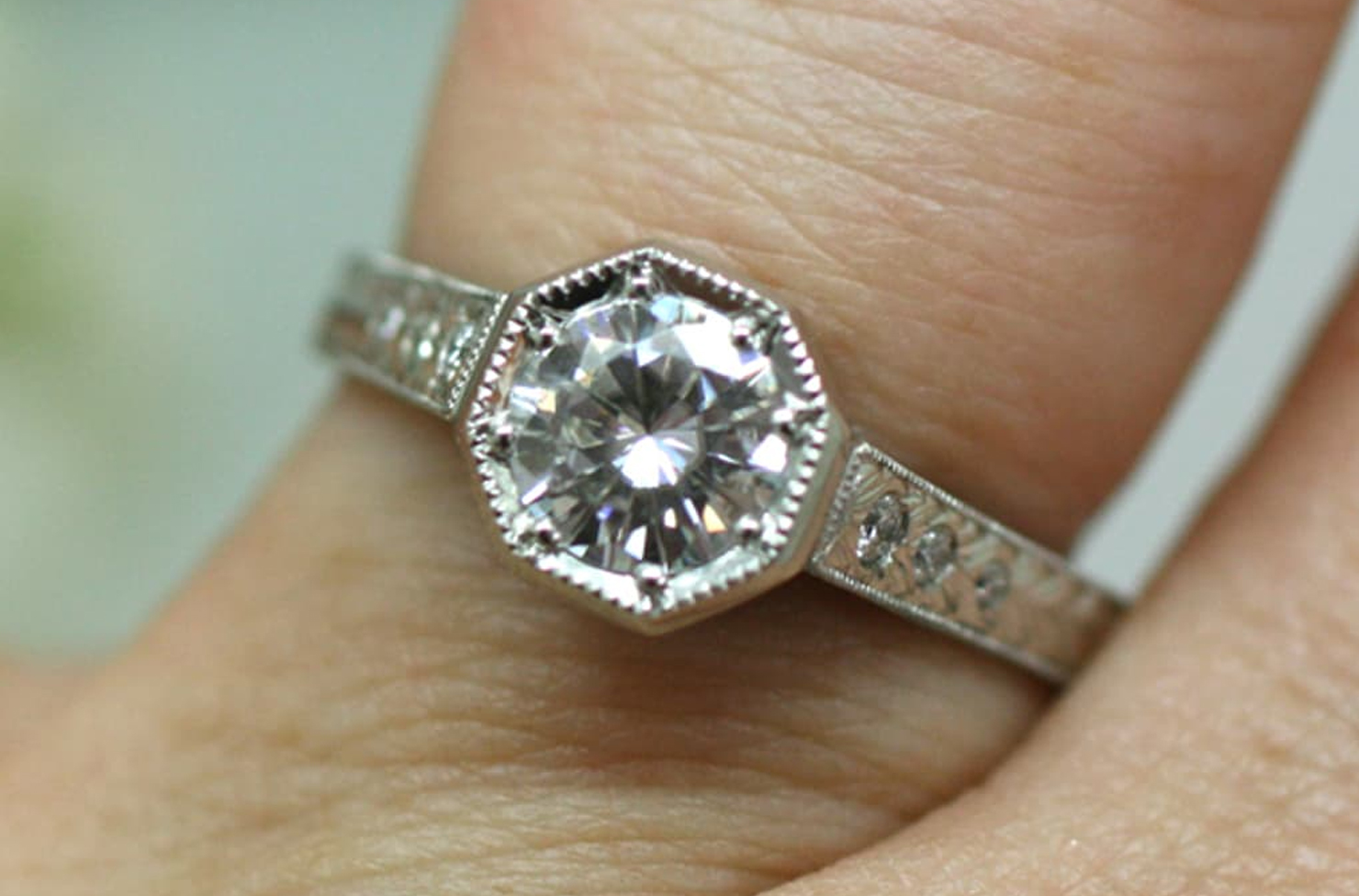
In a world where ethical considerations are increasingly at the forefront of consumer consciousness, the concept of ethical engagement rings has emerged as a beacon of responsible consumerism. An ethical engagement ring symbolizes not only love and commitment but also a commitment to social and environmental responsibility. As couples seek to celebrate their union with rings that reflect their values, the demand for ethically sourced and produced engagement rings has surged. This trend is not only reshaping the jewelry industry but also making a significant positive impact on communities around the world.
Ethical engagement rings, often crafted using conflict-free diamonds and sustainably sourced metals, are more than just accessories; they represent a shift towards conscious consumption. The term ethical engagement ring encompasses various aspects, including fair labor practices, environmental sustainability, and community development. By choosing an ethical engagement ring, couples are contributing to a more transparent and responsible supply chain, thereby empowering communities involved in the production process.
One of the primary benefits of ethical engagement rings is their role in supporting local communities in resource-rich regions. Many of the precious metals and gemstones used in traditional jewelry come from countries where mining practices have often been associated with environmental degradation and human rights abuses. However, ethical engagement rings prioritize sourcing from mines that adhere to strict environmental and labor standards. By investing in these ethically sourced materials, consumers directly contribute to improving working conditions and fostering economic development in mining communities.
Moreover, ethical engagement rings promote sustainability by encouraging the use of recycled materials and reducing the demand for newly mined resources. Recycling precious metals not only minimizes the environmental impact of mining but also reduces the need for destructive mining practices. Additionally, the growing popularity of lab-grown diamonds as an alternative to mined diamonds further underscores the shift towards sustainability in the jewelry industry. These lab-created diamonds offer the same beauty and quality as their mined counterparts but without the ethical concerns associated with traditional diamond mining.
Furthermore, ethical engagement rings often support artisanal communities and craftsmanship traditions. Many jewelry designers working with ethically sourced materials collaborate with local artisans, preserving traditional techniques and empowering skilled craftsmen and women. By valuing craftsmanship and cultural heritage, ethical engagement ring brands contribute to the preservation of cultural diversity and the economic empowerment of artisans in marginalized communities.
Beyond the environmental and social benefits, ethical engagement rings also carry symbolic significance for couples. Choosing an ethical engagement ring becomes a statement of shared values and a commitment to building a better future together. It represents a conscious decision to prioritize love and responsibility, not just for each other but for the world at large.
In conclusion, ethical engagement rings embody a powerful fusion of love, responsibility, and empowerment. They symbolize a commitment not only to each other but also to the well-being of communities and the planet. By choosing ethical engagement rings, couples can celebrate their love with rings that shine brightly not just in beauty but also in their positive impact on the world. As the demand for ethical engagement rings continues to grow, so too does the potential for creating meaningful change and empowering communities across the globe.
